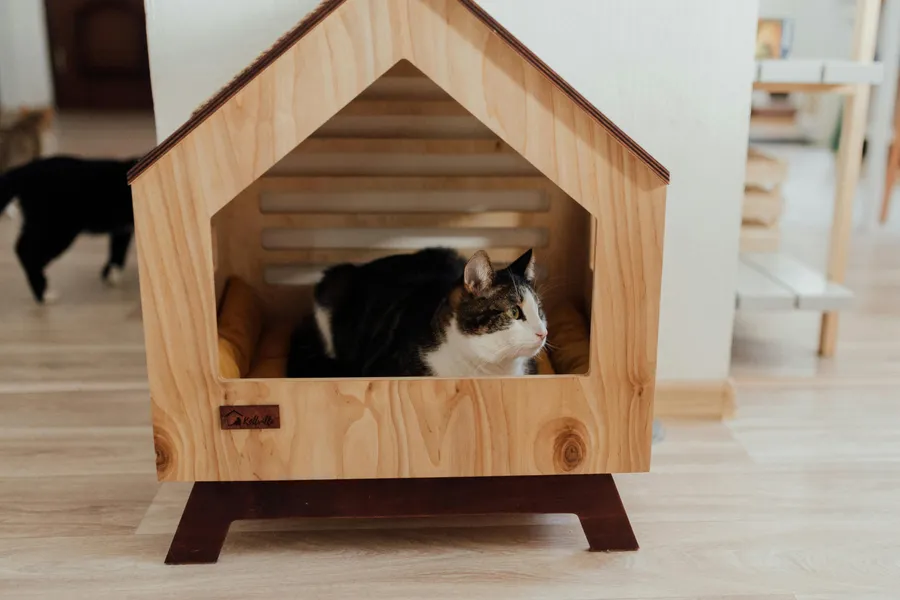But according to feline behaviourist and groomer Katie Gwilt, who runs The Kat Lady, a holistic cat grooming and wellbeing service, this is a common misconception.
“Cats are independent, yes, but that doesn’t mean they’re immune to loneliness, stress or boredom,” says Katie.
“People often underestimate just how much routine, stimulation and care a cat really needs when left alone.”
Here, Katie shares her five essential tips to help owners strike the right balance between independence and attentive care when leaving their cats at home.
1. 24 hours is the absolute limit, no exceptions
“If you’re heading out for a day and night, that’s generally OK—provided your cat is healthy and you’ve left fresh water, food and a clean litter tray. But I always tell people: anything over 24 hours is too long. You wouldn’t leave a toddler alone with snacks and hope for the best! Cats may cope quietly, but it doesn’t mean it’s good for them.”
2. Don’t rely on automatic feeders alone
“Automatic feeders are handy for short absences, but they’re no substitute for human interaction. Cats thrive on routine and social cues, even if they seem aloof. A feeder can’t check if your cat’s been sick or got stuck somewhere. If you’re going to be away more than a day, ask a friend, neighbour or professional sitter to pop in.”
3. Boredom is a big deal
“People forget that mental stimulation matters. When left alone, especially indoors, cats need enrichment. Leave puzzle feeders, rotate their toys, and try setting up a window perch for ‘cat TV’. A bored cat is more likely to develop behavioural issues or anxiety—even if they don’t show it straight away.”
4. Elderly or unwell cats need special care
“Older cats or those on medication should never be left alone for more than a few hours. Things can go wrong very quickly, from missed doses to mobility problems. If you can’t be there, arrange someone who understands their specific needs to check in regularly. It’s about safeguarding their quality of life.”
5. Watch for subtle signs of stress
“Even short absences can have an impact. When you return, don’t assume everything’s fine just because your cat seems quiet. Look for changes, hiding, over-grooming, or not eating properly. These are signs your cat may not have coped well, and you might need to rethink your approach next time.”
Ultimately, Katie says, it’s about knowing your cat’s personality and not taking their quiet independence for granted.
“They can be stoic creatures, but that doesn’t mean they’re unaffected. The more we respect their needs, the happier and healthier they’ll be.”



